6 Amazing School Lunches From Cafeterias Around the Country
These school lunches make us wish we were back in the cafeteria.
These school lunches make us wish we were back in the cafeteria.
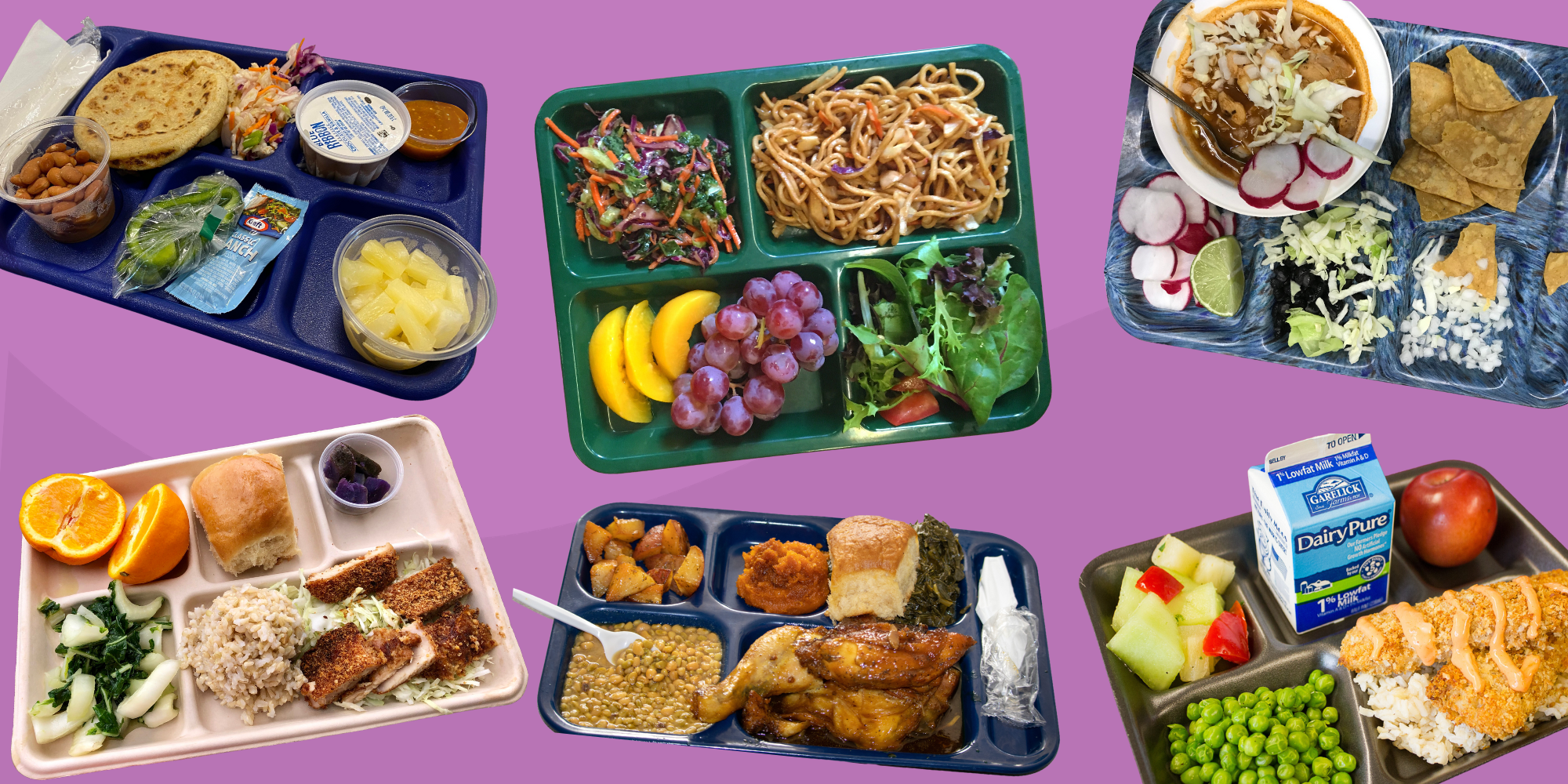
More than 30 million students eat school lunches every day—but what exactly do they eat?
Established in 1946, the National School Lunch Program helps feed our nation’s kids a nourishing, free or low-cost lunch every school day, helping to ensure students are energized and ready to learn. The program serves almost five billion school lunches annually, but those lunches look very different from one community to the next.
School nutrition teams across the country partner with local farmers, food educators, FoodCorps members, and others to craft nutritious, delicious, and culturally responsive school lunches. By investing in initiatives like local sourcing and scratch cooking, they can serve a variety of tasty meals that look very different from the school lunches of the ’80s and ’90s.
And while there are still plenty of challenges in making nourishing, local food the norm in every school cafeteria, we celebrate the work of all school nutrition professionals—community heroes who are finding creative, efficient ways to nourish students.
Here are six beautiful school lunches that make us wish we could have lunch in the cafeteria again:
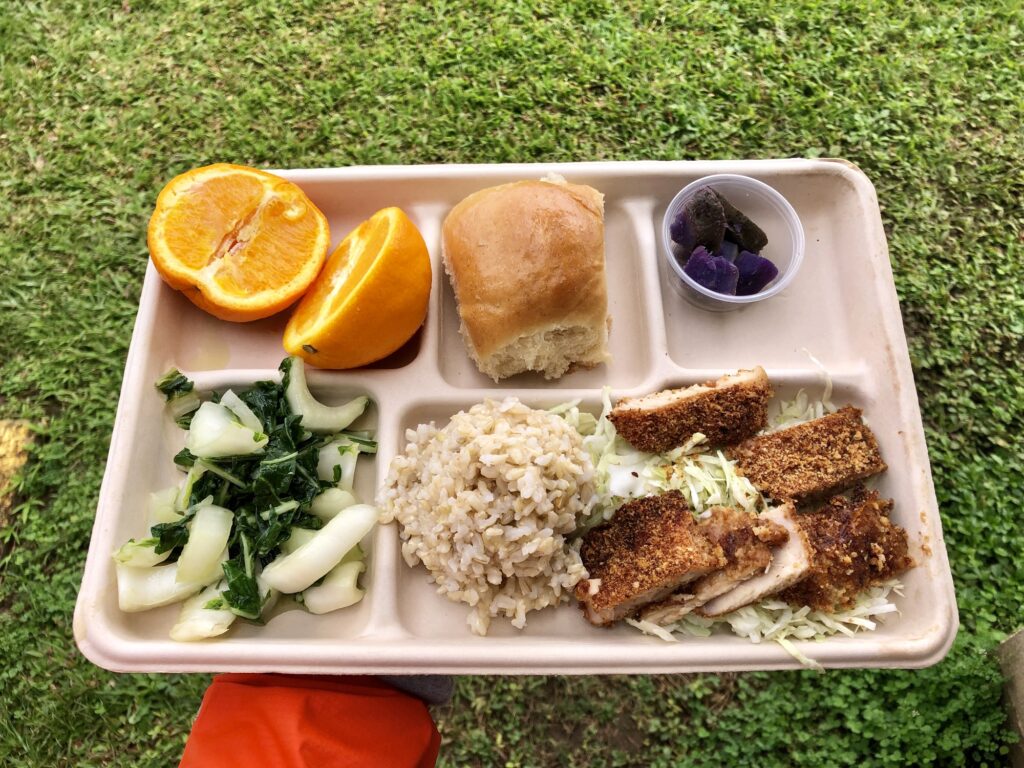
At Kohala Elementary School in Kapaau, Hawai’i, the school community launched its Garden to Cafeteria Day with this incredible chicken katsu lunch. The school lunches featured bok choy that was grown and harvested by students in collaboration with the local school partner, the Hawai’i Institute of Pacific Agriculture.
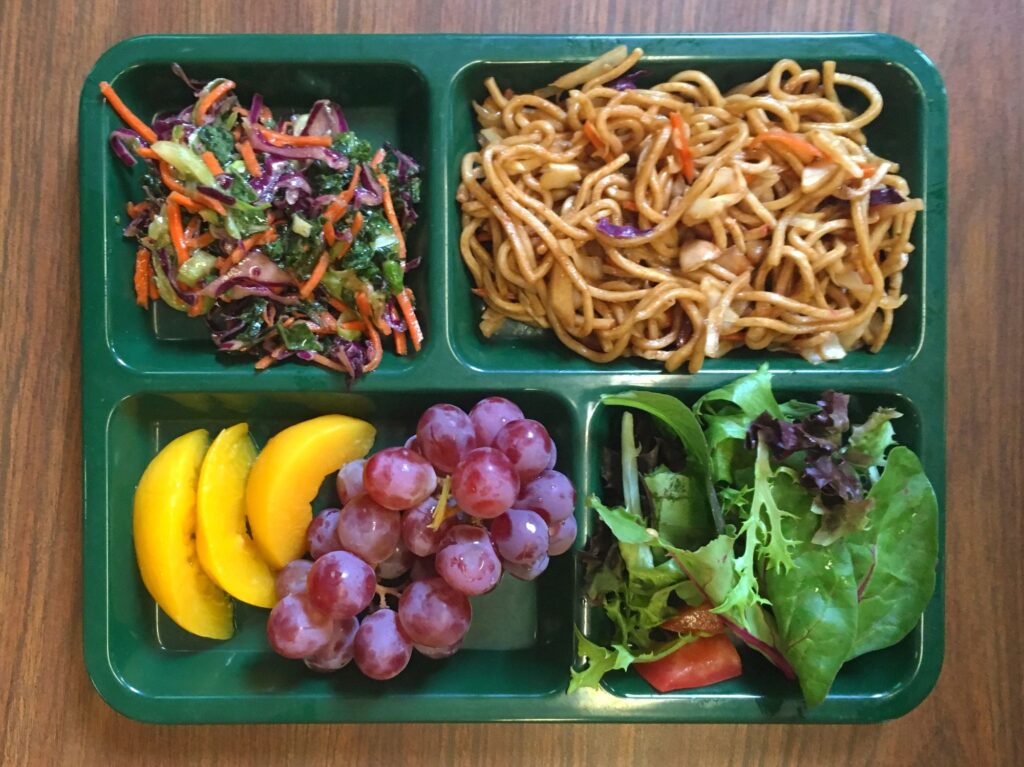
In Oregon, FoodCorps member Sophie Rasmussen organized taste tests with Umi Organic, a local producer of noodles and sauces, and introduced locally made yakisoba noodles to Portland Public Schools students. The result: these gorgeous school lunches complete with fresh fruits and greens.
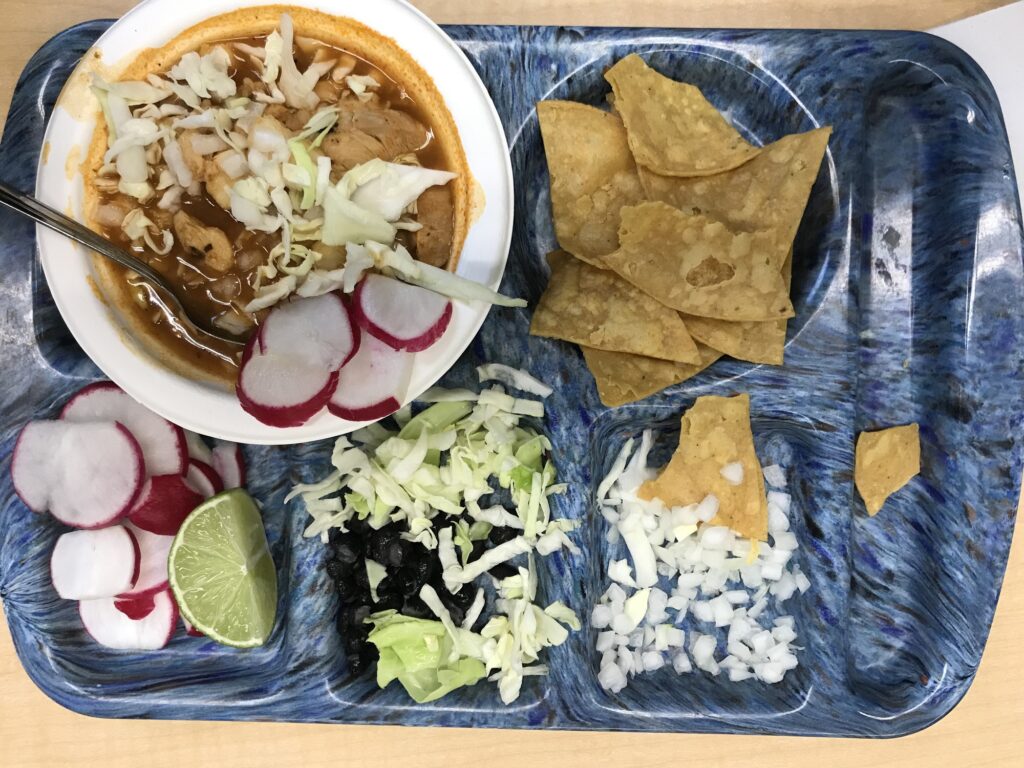
Students at Mar Vista Elementary School in Oxnard, California, which has a large Hispanic and Latine population, enjoyed a lunch of scratch-cooked pozole, a traditional Mexican soup. It was served with tortilla chips and fresh veggies like lettuce and radishes for toppings.
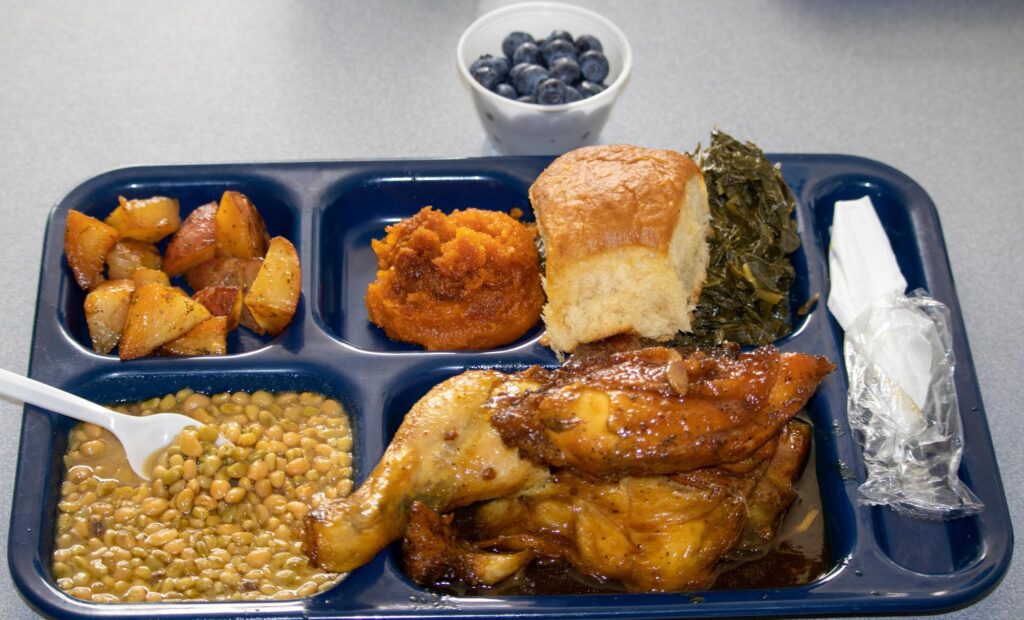
Burke County Schools in Waynesboro, Georgia, invests in local food through Feed My School, an initiative to close the gap between Georgia farmers and schools and get more nutritious, local food on kids’ school lunch trays. Their efforts help develop school lunches like this one, a delicious meal of chicken, potatoes, greens, and other tasty sides.
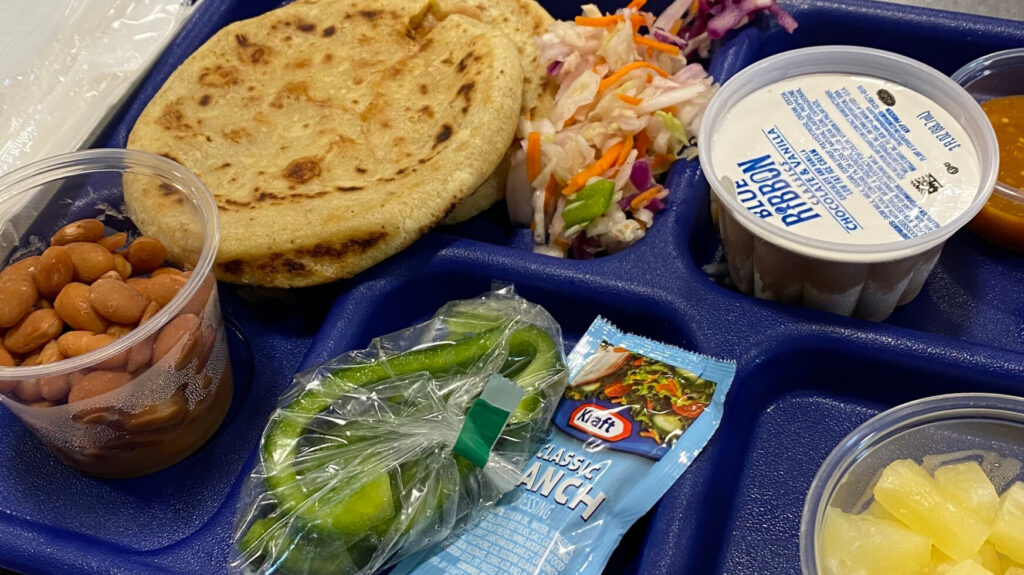
In Arkansas, students at J.O. Kelly Middle School and Knapp Elementary School kicked off the school year with their first “Pupusa Day,” where the cafeteria served pupusas with a side of fresh veggies and beans. Last year, students and staff unanimously voted to add the dish to the menu of school lunches.
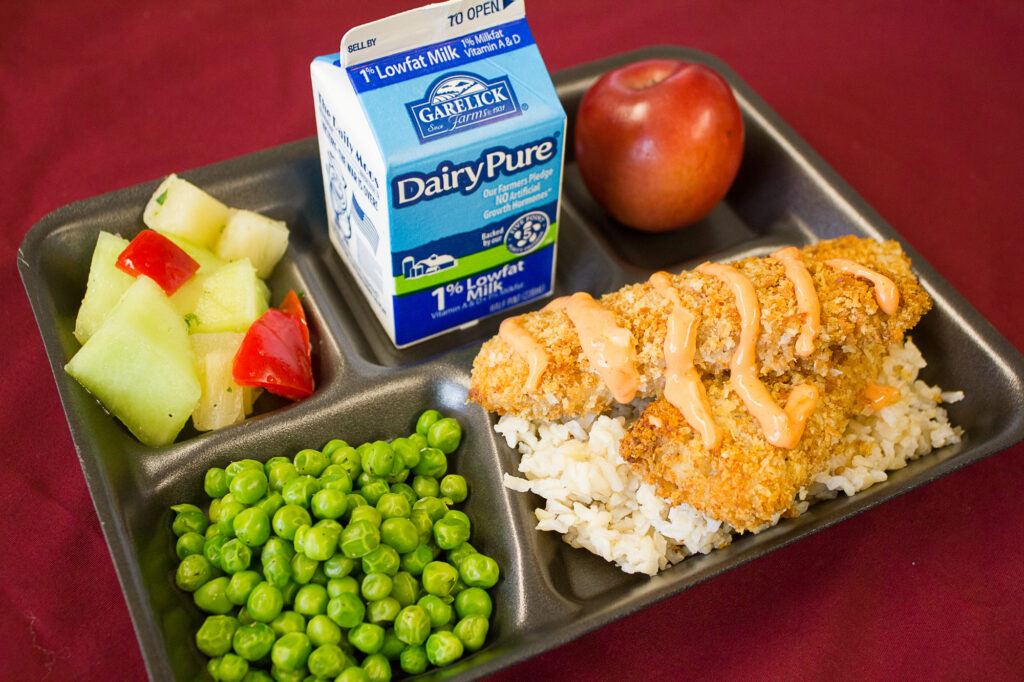
Seventh-graders at Vassal Lane Upper School in Cambridge, Massachusetts, put their sauce-making skills to the test to develop tropical dash sauce for their school lunches. The homemade sauce topped coconut-crusted local red fish, which the school served with rice, fruits, and veggies.
Got an example of a gorgeous school lunch to share? Post it on social media and tag @foodcorps!
Related read: 6 Things You Need to Know About School Food | “The school food industry is larger than the nation’s largest restaurant chains. In fact, there are seven times more schools in America than there are McDonald’s franchises. But this system doesn’t operate anything like a high-functioning franchise. The school food system is full of complex and bureaucratic processes that present unique challenges to school food leaders as they source and serve nourishing food. And like much of the education system, the school food industry has been deeply shaped by systemic racism and other systemic injustices.”

Our 2024 Child Nutrition Policy Year in Review
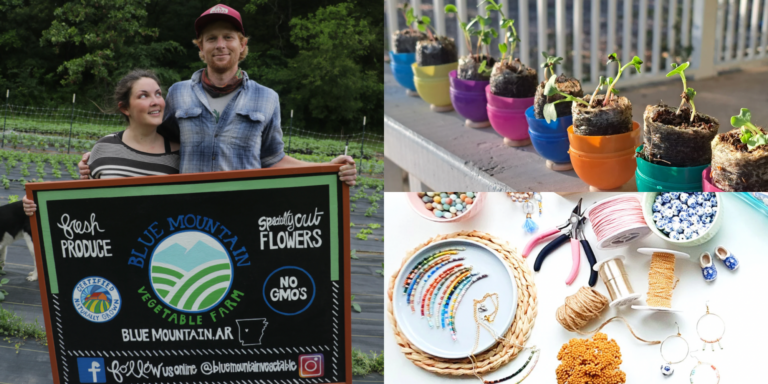
9 Thoughtful Holiday Gifts Made by FoodCorps Alumni

The Policy Brief, Fall 2024: After the Election